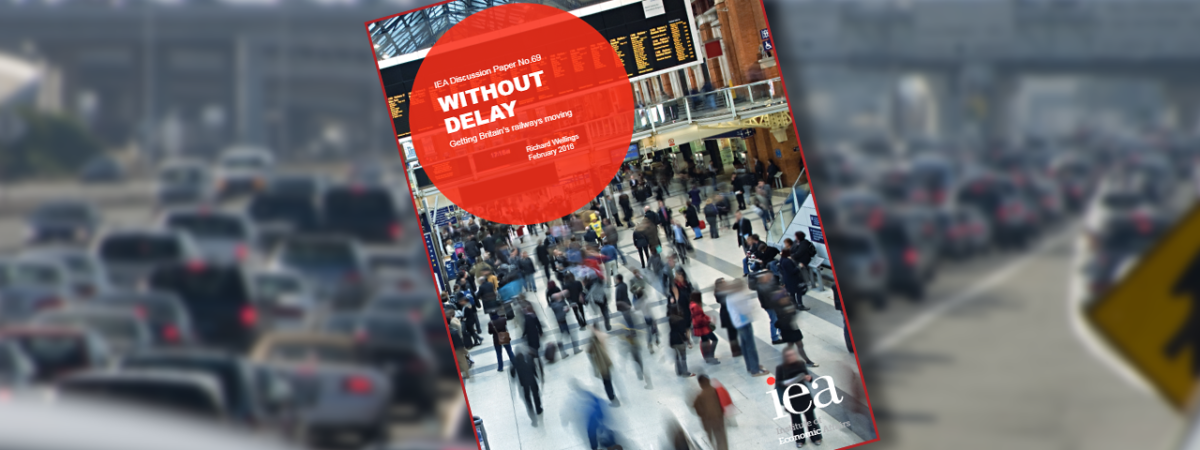Regulatory approaches to the sharing economy: A briefing
SUGGESTED

Abolishing Network Rail could save families £180 each year


New IEA briefing explains the economic principles of the sharing economy
- The sharing economy is based on reductions in transaction costs which enable exchanges that were previously not possible. Sharing economy firms facilitate a more efficient use of assets, to the benefit to both asset owners and prospective users.
- Its potential positive impact on welfare has been estimated at over €1,000 per EU citizen.
- There is reason to doubt that a special regulatory regime is needed for sharing economy businesses. However, the rise of new business models does underline the need to adapt employment and tax rules to the new circumstances.
- EU Member States have so far taken various different approaches to the regulation of the sharing economy, as illustrated by the example of Uber. Authorities at EU level, however, are increasingly calling for “a common approach”.
- Given the disparities between Member States, a single rulebook appears inappropriate. Instead, the EU should only intervene where national or local regulations contradict competition and the free movement of goods and services.
- If there is a common EU approach, it should aim to liberalise existing regulation and abolish those rules made redundant by innovation. An EU rulebook should also not inhibit the employment flexibiliy characteristic of new business models.
Fullscreen Mode




